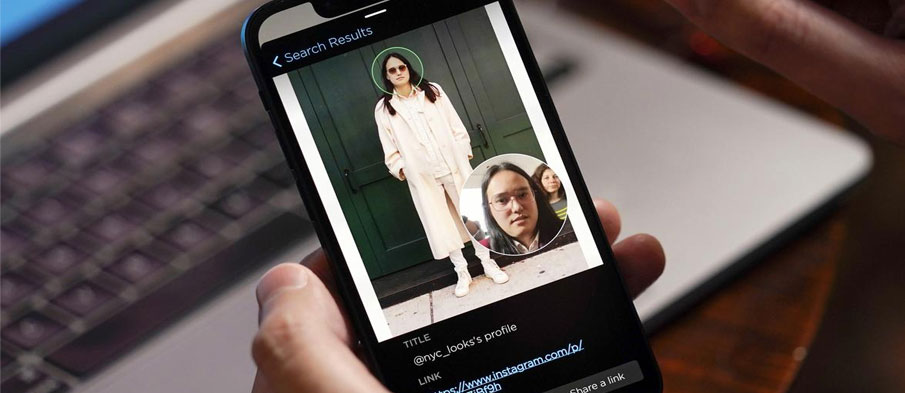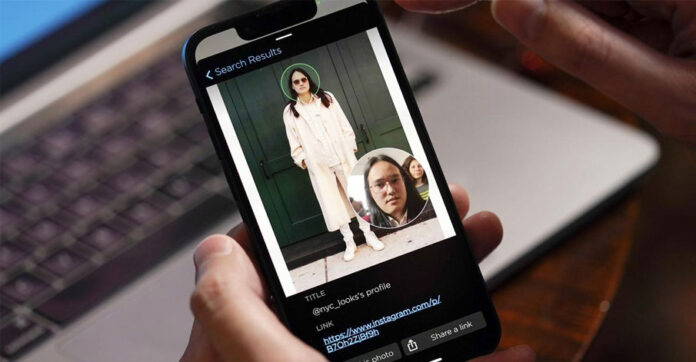
Facial recognition startup Clearview AI settled an Illinois lawsuit on Friday, which alleged that its vast collection of facial photographs violated individuals’ privacy rights. Attorneys estimate the settlement could be worth over $50 million. Instead of a traditional payout, the unique agreement gives plaintiffs in the federal lawsuit a share of the company’s potential value. Attorneys’ fees, estimated at $20 million, will also come from the settlement amount.
Judge Sharon Johnson Coleman of the Northern District of Illinois gave preliminary approval to the settlement agreement on Friday. The case consolidated lawsuits from across the U.S. against Clearview, which had created a database by pulling photos from social media and other internet sources to sell to businesses, individuals, and government entities. In a separate 2022 case, Clearview settled allegations of privacy violations in Illinois by agreeing to stop selling database access to private businesses or individuals, while still allowing work with federal agencies and local law enforcement outside Illinois.
Clearview does not admit any liability as part of this latest settlement agreement. “Clearview AI is pleased to have reached an agreement in this class action settlement,” said James Thompson, an attorney representing the company, in a written statement on Friday.
Lead plaintiffs’ attorney Jon Loevy called the agreement a “creative solution” due to Clearview’s financial situation. “Clearview did not have anywhere near the cash to pay fair compensation to the class, so we needed to find a creative solution,” Loevy said. “Under the settlement, the victims whose privacy was breached now get to participate in any upside that is ultimately generated, thereby recapturing to the class to some extent the ownership of their biometrics.” It is unclear how many people will be eligible to join the settlement, which includes anyone whose images or data are in the company’s database and who lived in the U.S. from July 1, 2017, onward.
The agreement includes a national campaign to notify potential plaintiffs. Attorneys for both Clearview and the plaintiffs worked with Wayne Andersen, a retired federal judge who now mediates legal cases, to develop the settlement. In court filings, Andersen stated that the startup could not have paid any legal judgment if the suit proceeded.“Clearview did not have the funds to pay a multi-million-dollar judgment,” Andersen is quoted in the filing. “Indeed, there was great uncertainty as to whether Clearview would even have enough money to make it through to the end of trial, much less fund a judgment“.
Some privacy advocates and individuals involved in other legal actions criticized the agreement, stating it won’t change the company’s operations. Sejal Zota, an attorney and legal director for Just Futures Law, representing plaintiffs in a California suit against Clearview, said the agreement “legitimizes” the company. “It does not address the root of the problem,” Zota said. “Clearview gets to continue its practice of harvesting and selling people’s faces without their consent and using them to train its AI technology“.





